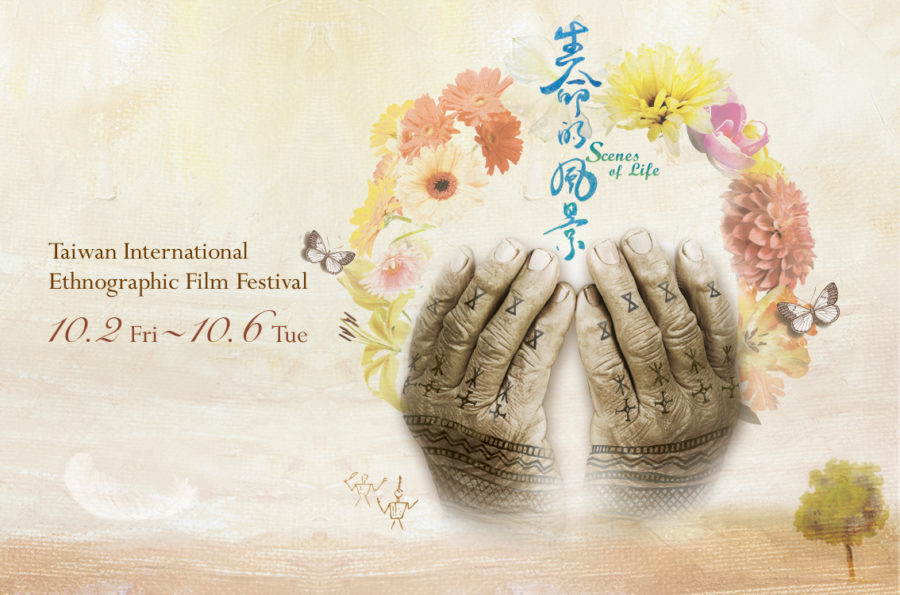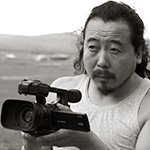Lost Mountain
烏魯布鐵
Wulubutie is an Oroqen settlement in the northern reaches of Inner Mongolia; the name means “Lost Mountain” in the Oroqen language.
Gelibao, an Oroqen hunter, runs a horse farm in the mountains of Wulubutie, where he raises 100 horses in the old way. Though hunting has been outlawed, Gelibao will sometimes go out into the mountains on a hunt, more in remembrance of his culture than to sustain himself. Gelibao’s son, Liang Liang, and his friends are still children of the forest, but tend more towards modern entertainment, like the cross-country motorcycle race that they have organized. In this way they vent the frustration of an interrupted youth.
“Lost Mountain” follows Gelibao and his son’s generation, and the mystery of a dead horse.
Directors
Gu Tao
Gu Tao was born in 1970 in Inner Mongolia, China, at the base of the Great Xingan Mountains. When he was a child, his father was an ethnographer and photographer, and focused his time and energy documenting the nomadic tribes in the mountains near their home. After graduating from the Inner Mongolia School of Art with a major in oil painting, Gu Tao moved to Beijing and started living and working as an artist and conceptual photographer (doing commercial photography to pay the bills). In 2005 he began following in his father’s footsteps, traveling back to the mountains of his hometown to make a documentary about its original residents, the Ewenki people. Gu Tao’s focus, however, was different from his father’s, as he saw a way of life that had been severely limited by governmental intrusion and environmental destruction, since the 1970’s when his father was doing his filming. He has chosen to focus his films on dying traditions and ways of life, and how marginalized groups are adapting to the modern world. As Gu Tao has found his niche…

